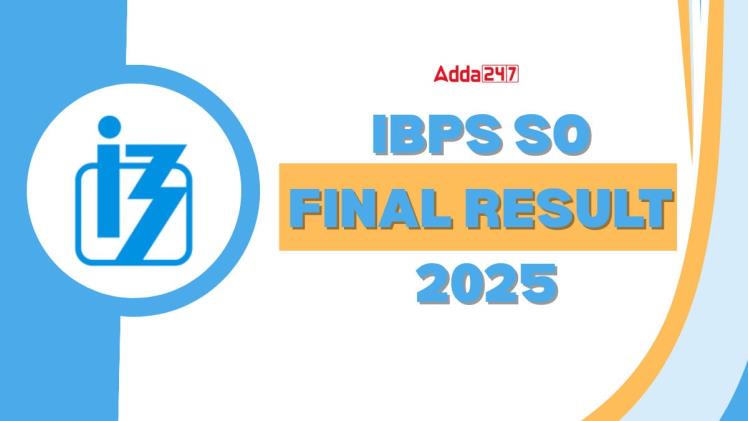Why do so many candidates struggle with analytical questions even after completing IBPS SO syllabus? The challenge lies not just in understanding topics but in applying them under pressure. Exam success often hinges on how quickly one can analyze, prioritize, and solve within strict time limits. Mastering this skill set means going beyond memorization and adopting structured methods that simplify question patterns.
One effective way to build this precision is through practice tests. Candidates aiming to crack the IBPS SO exam should focus on developing accuracy alongside speed. Mock exams simulate real conditions, offering a safe space to refine responses and adapt strategies confidently. Let’s read about these strategies in detail that can help you crack the final exam.
Contents
Break Down Complex Questions into Simpler Steps
Tackling complicated problems begins by identifying the core concept within each question. Breaking it into parts makes the solution pathway clearer. Rather than getting overwhelmed by data or structure, candidates must isolate the goal of each task. This clarity prevents errors caused by assumptions or hasty calculations.
Reputed exam readiness hubs often design problem sets that follow the SO exam difficulty levels. These platforms include mock tests that challenge users with real-life scenarios. Regular exposure to these simulations builds familiarity with time-bound analytical tasks. Each test encourages step-by-step decoding of complex structures using guided logic.
Eliminate Incorrect Options Using Logic
Most objective-type questions include traps meant to test reasoning depth. The fastest way to find the correct choice is by eliminating obvious errors. Candidates who train themselves to scan options critically tend to improve their accuracy. Logical elimination becomes easier with exposure to a wide variety of questions.
Mock tests sharpen this skill by offering extensive multiple-choice questions that encourage analytical thinking. Many expert-led test portals include explanations that reinforce logical selection processes. The habit of reasoning through elimination forms a vital part of smart problem-solving. Over time, the ability to recognize patterns improves significantly.
Analyze Your Previous Mistakes Closely IBPS SO
Improvement depends largely on what is learned from past performance. Reviewing incorrect responses gives insight into recurring weaknesses. Was it a calculation error, a misread question, or poor time management? Categorizing mistakes helps in correcting them with focused efforts.
Most dedicated test series providers allow users to revisit completed mocks with detailed feedback. These insights pinpoint common errors, helping learners track their blind spots. Mock test analytics turn performance review into a structured improvement process. Through reflection and adjustment, students avoid repeating the same errors.
Practice with a Time-Boxed Framework
Time constraints during exams leave no room for lengthy methods. Developing the habit of solving tasks within fixed durations ensures better time management. Solving problems within set time blocks simulates the real exam pace. This structure also sharpens instinctive problem identification and decision-making.
Mock test formats provide a time-restricted setup for each section and a full-length paper. Timed attempts in these environments build exam-day composure and mental discipline. Consistent practice in this format reduces anxiety and improves speed. Eventually, time awareness becomes second nature during real assessments.
Use Topic-Wise Practice to Build Strong Foundations
Focusing on weak subjects before combining them with others prevents confusion. Tackling one topic at a time promotes deep understanding. Once confident in each area, candidates can transition to mixed section tests. This gradual shift improves the integration of concepts and strengthens retention.
Mock tests often include topic-wise series for concentrated learning and tracking progress in individual areas. Reliable preparation platforms curate sets for quant, reasoning, and professional knowledge separately. These targeted sessions allow mastery before attempting composite sections. Mastery over parts builds greater command over the full exam layout.
Success in the IBPS SO exam relies more on consistency than talent. Strategies are useful only when they are applied repeatedly and refined over time. Each practice session should serve a clear purpose — whether it’s improving speed, accuracy, or understanding. Trusted mock test platforms support this consistency through structured exams and instant feedback loops.
